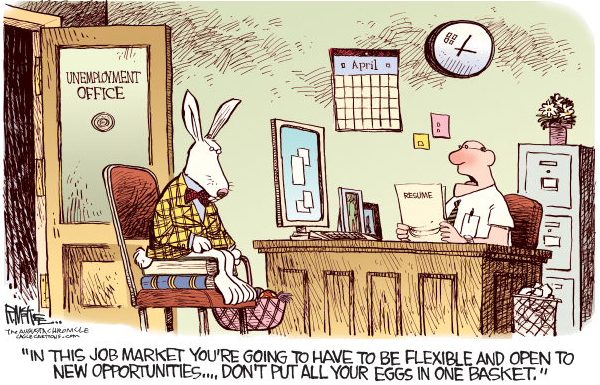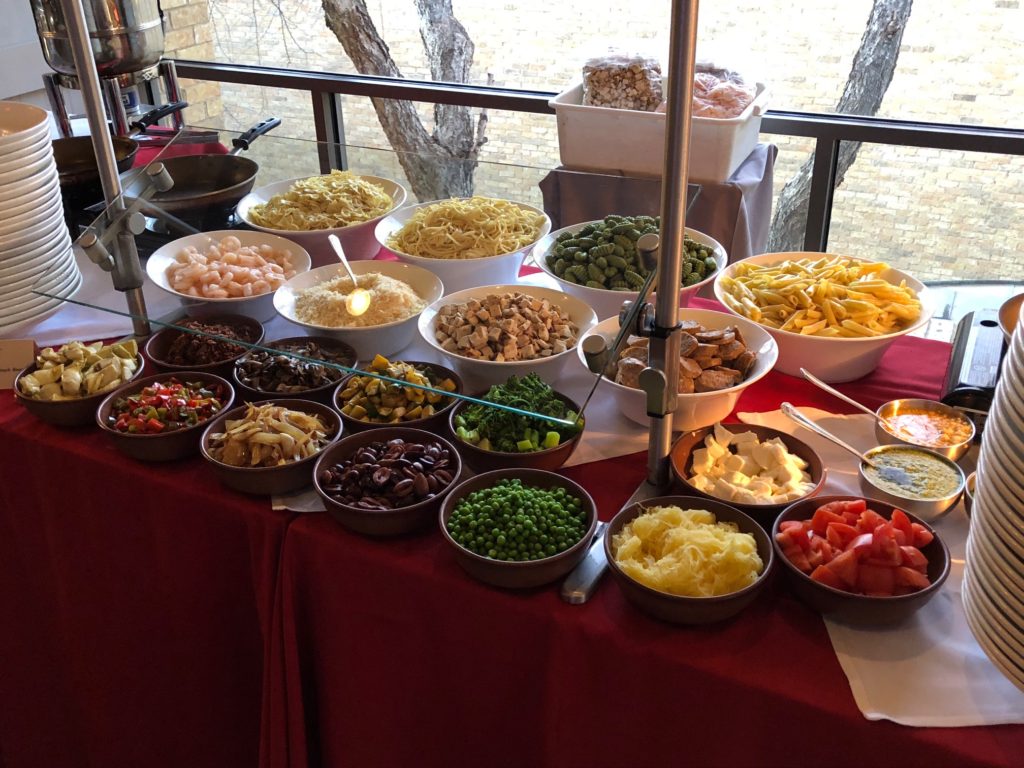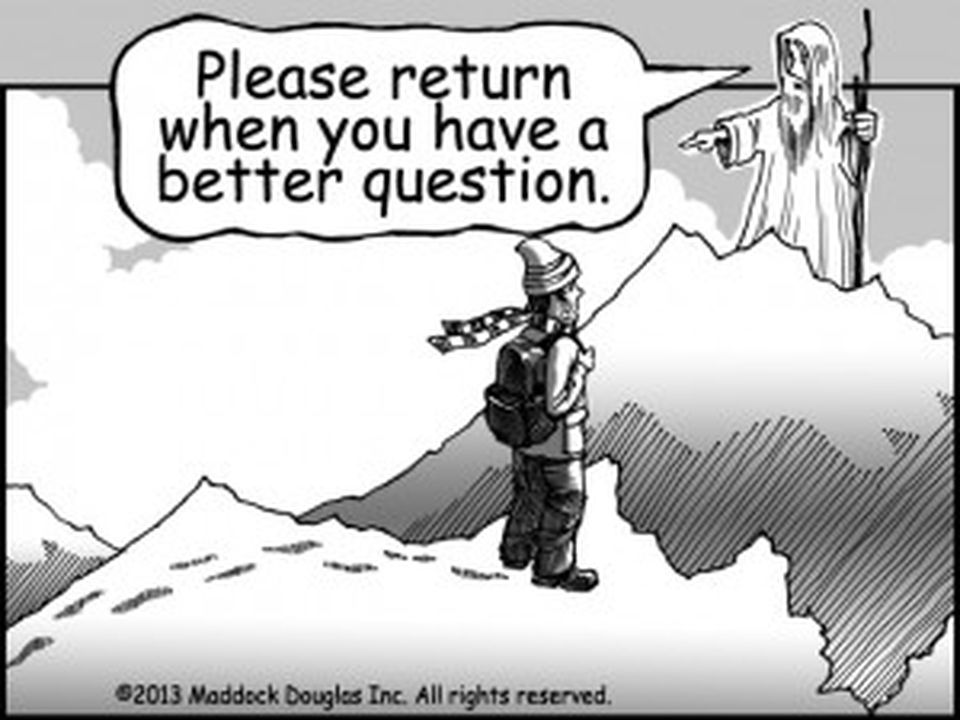 I recently heard a lecture given by an engineer who worked on the Apollo 11 mission that put Neil Armstrong, Edwin “Buzz” Aldrin, and Michael Collins on the moon. He said that during the entire flight, “90% of the time we were off course.” The target stayed the same—land on the moon—but getting there required constant monitoring and adjustments. There was no cruise control function during the nine days it took to get there and back.
I recently heard a lecture given by an engineer who worked on the Apollo 11 mission that put Neil Armstrong, Edwin “Buzz” Aldrin, and Michael Collins on the moon. He said that during the entire flight, “90% of the time we were off course.” The target stayed the same—land on the moon—but getting there required constant monitoring and adjustments. There was no cruise control function during the nine days it took to get there and back.
Our lives are also unpredictable and mutable. In life, you will never see the full path and it seldom plays out according to our plans and expectations. Early in my life I could not have predicted where I would be at age 65 and the challenges and opportunities I would facing throughout life.
I’m not advocating an undisciplined, meandering approach to life. Have goals and destinations, but realize that the path to them fluctuates and that even your goals and destinations may change.
1. Constantly monitor where you are and where you’re going. We often get so focused on the moment that we lose track of larger issues. On a regular basis take time to evaluate your life and organization.
2. Be flexible. Stiff things break, flexible things bend. There’s constant tension between efficiency and effectiveness. Efficiency argues for routine and order; effectiveness requires flexibility and change. Pursue both.
3. Demonstrate grit. A combination of courage and resolve, grit helps us persevere through failure and difficult times. It’s the positive side of stubbornness.
In life and leadership, constantly tweak your targets and recalibrate your trajectories because 90% of the time you’ll likely be off course.
[reminder]What are your thoughts about this essay?[/reminder]

 This illustration may seem mundane and simplistic but it speaks to an important issue.
This illustration may seem mundane and simplistic but it speaks to an important issue. Work on crafting a personal response to the following questions. Answering them may open up a new space in your mind. They can also provoke interesting conversation; the next time you’re having dinner with friends, pose a question and ask everyone to respond. My response to each issue is in brackets.
Work on crafting a personal response to the following questions. Answering them may open up a new space in your mind. They can also provoke interesting conversation; the next time you’re having dinner with friends, pose a question and ask everyone to respond. My response to each issue is in brackets. I recently attended a professional conference that was planned and hosted by a friend. Halfway through the conference, I saw him in the hallway and he asked me how I thought the conference was going. I said I was enjoying it, but then I added, “I do wish the sessions would start on time; and, it would be helpful to have a center aisle in the main meeting area.”
I recently attended a professional conference that was planned and hosted by a friend. Halfway through the conference, I saw him in the hallway and he asked me how I thought the conference was going. I said I was enjoying it, but then I added, “I do wish the sessions would start on time; and, it would be helpful to have a center aisle in the main meeting area.”